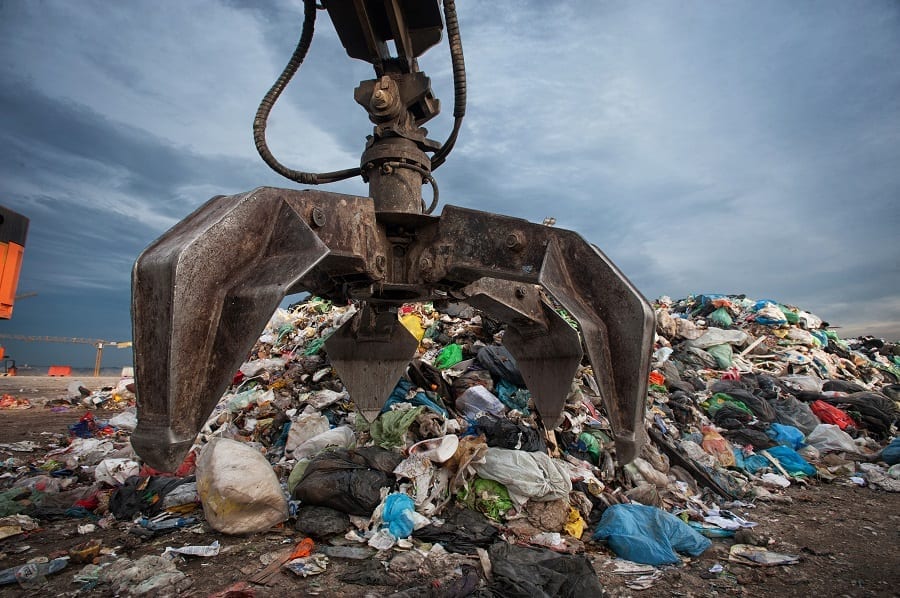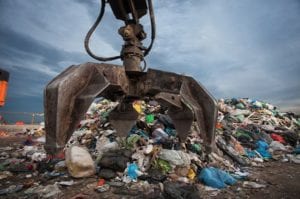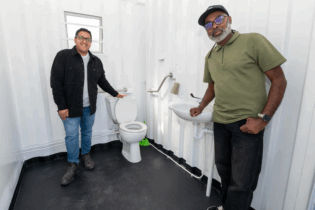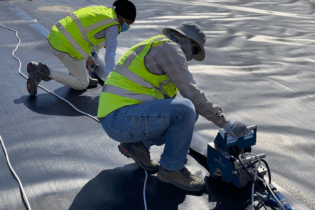
South Africa’s waste management landscape is changing, and rather than a sudden change, there is a steady incremental change each year as the country moves towards a more sustainable waste management model. This is according to the latest GreenCape Market Intelligence Report.
South Africa’s current waste economy is estimated to be worth R15 billion and provides 29,833 people with employment. However, the GreenCape report suggests that R17 billion worth of resources could be unlocked if 100% of the identified 13 waste streams could be recycled.
Exploring revenue potential
The report also suggests that municipalities should look into innovative and alternative ways to fund support functions in the waste sector in order to explore its true revenue potential.
“This includes partnerships with the private sector, where provincial and national government play a role in the implementation of extended producer responsibility (EPR) and allow for the levies charged to assist with some of the infrastructural and operational demands,” the report reads.
With challenges come opportunities
According to the report, legislation has been passed to help unlock the potential R17 billion of material currently being landfilled that could be recycled.
The Western Cape government has plans to implement public-private partnerships that will potentially attract a further R1.3 billion and create approximately 1,600 jobs in the next five years.
The report highlights current opportunities for businesses and investors in the Western Cape’s waste sector which are primarily focused on recyclables (plastics), organics, e-waste, and construction and demolition waste.
Opportunities were identified across the value chain in the collection, sorting, processing and treatment of waste. These opportunities are possible provided there is access to waste, at least one market for recovered materials, and a viable business case for the recovery of materials.
Based on the waste industry’s landscape in 2016, there is much potential in the following sectors:
In terms of paper, glass and plastics, the report indicates that opportunities in the recycling market will be largely driven by mechanical recycling. This recycling is only economically viable in large volumes, requiring large capital investment.
“Growth in this sector would largely be driven by the PROs, material converters such as Mpact, Amcor, Nampack, Consol, and Golden Era, and producers such as Consol, ArcelorMittal, and Sasol etc. with support from national and local government,” the report said.
According to the e-Waste Association of South Africa, the country produces approximately 322,000 tonnes of electronic waste (e-waste) per annum.
Since 2009, e-waste recyclers have increased from two large companies to over 20 companies which are located across the country and provide a variety of services from refurbishment to metal extraction.
Collectively, these companies process 45,000 tonnes of e-waste which accounts for only 12% of national waste.
The Western Cape generates 2.9 million tonnes of organic waste per year. The provincial government is planning to ban all organics from landfill within ten years, with a reduction of 50% over the next five years.
The DEA says that if the organic fraction (the leachable / methane producing fraction) can be diverted, there would be no need for strict landfill construction requirements.
The report suggests that this presents several opportunities:
- it would save municipalities money
- make organic waste available for beneficiation
- target the separation of organics from the waste stream. This will result in the remaining waste largely being dry recyclable waste with less risk of contamination.
- Construction and demolition waste
Builders’ rubble is largely landfilled in South Africa, in spite of its potential for re-use and the high financial and societal costs of landfilling. One of the biggest opportunities in the recovery, processing and application of builders’ rubble lies in the uptake of material into new applications, e.g. roads.
The report suggests that this holds prospects on the supply side for the crushing industry and on the demand side in road material for both the public and private sectors.
Opportunities for the crushing sector include tenders for crushing contractors at the City of Cape Town and Stellenbosch landfills, as up to R1.4 million of potential sub-base material for roads is being landfilled every month.
The report says that to access this opportunity, crushing companies will have to be accredited through the Solid Waste Management Department as a waste management service provider.
Untapped opportunities
The report also looked into 13 possible business opportunities for smaller entrepreneurs.
These opportunities include:
- Textile processing
- Cardboard core processing
- Cardboard core containers
- Pallet recycling
- Wood chipping
- On- and off- site paper pulp / effluent technology
- Contaminated bentonite processing
- Foundry sand value add
- Paper recycler/dehydration of waste streams
To access a copy of the full report, click
here.







